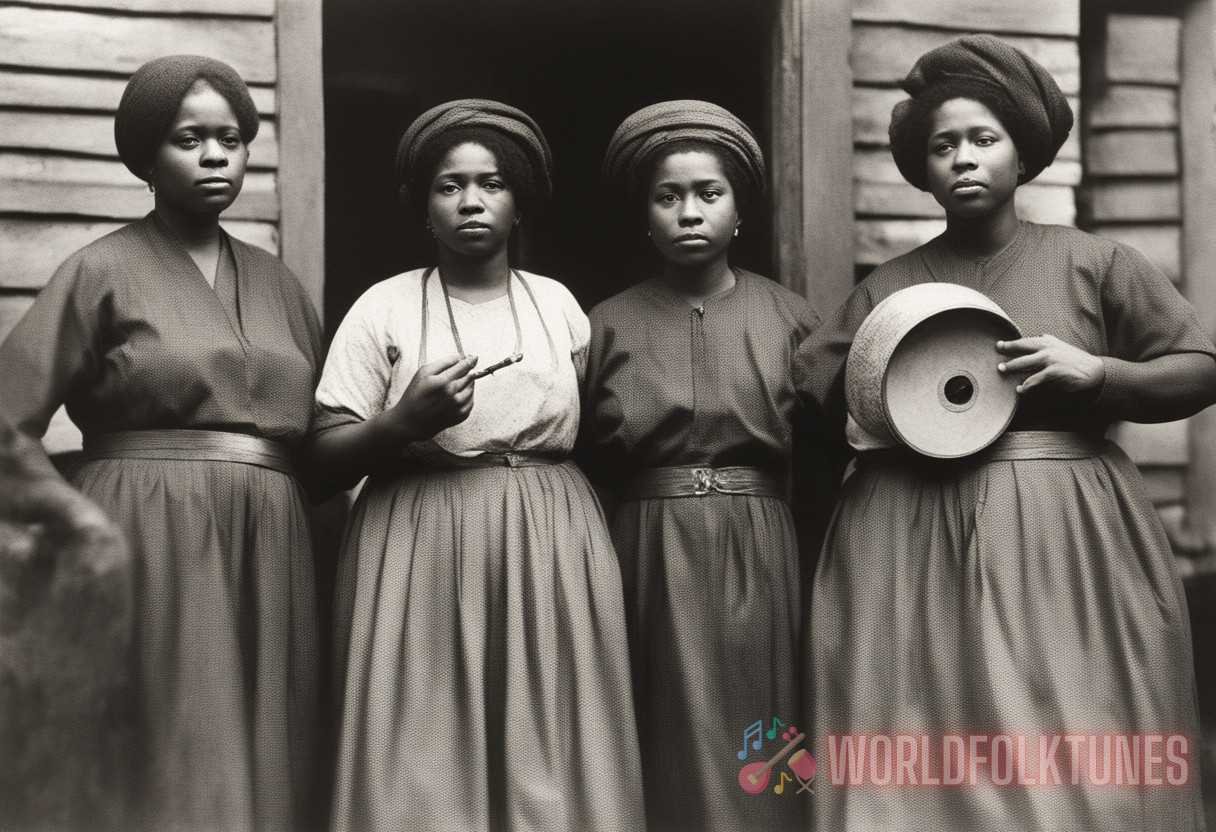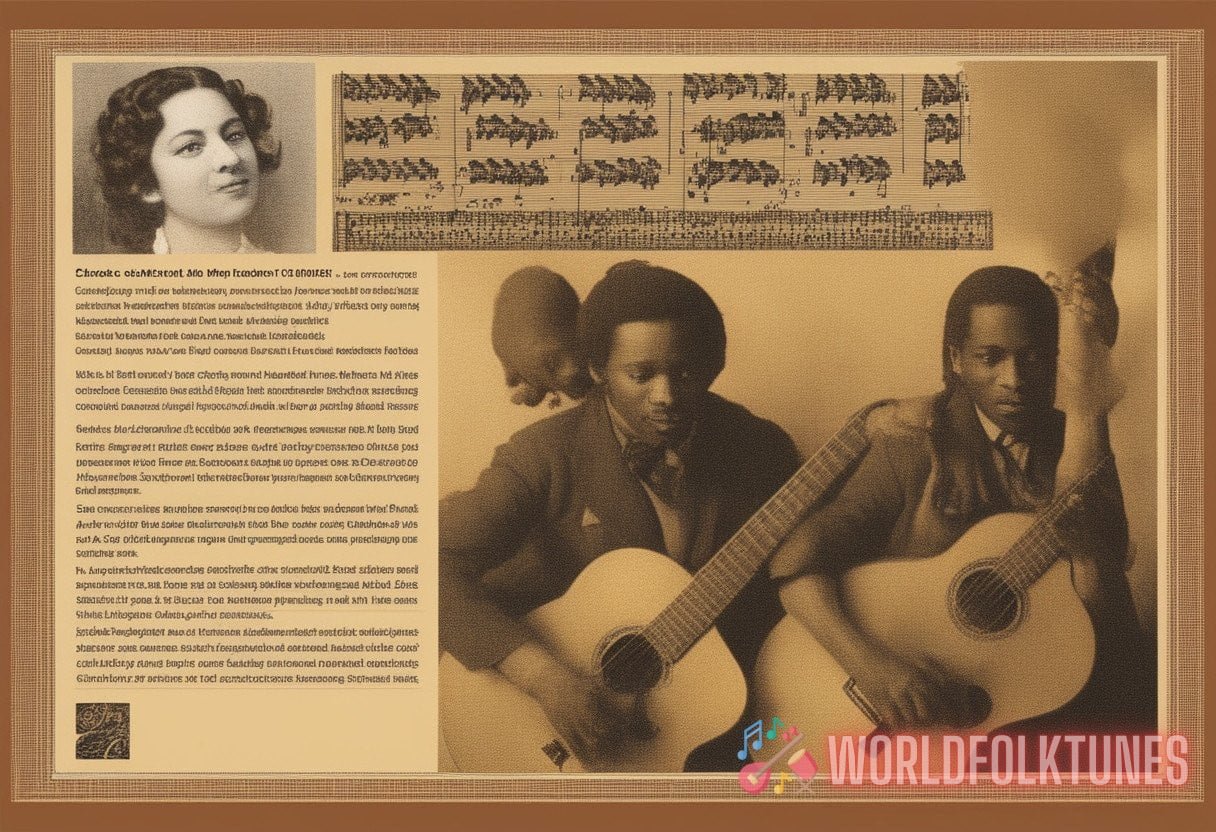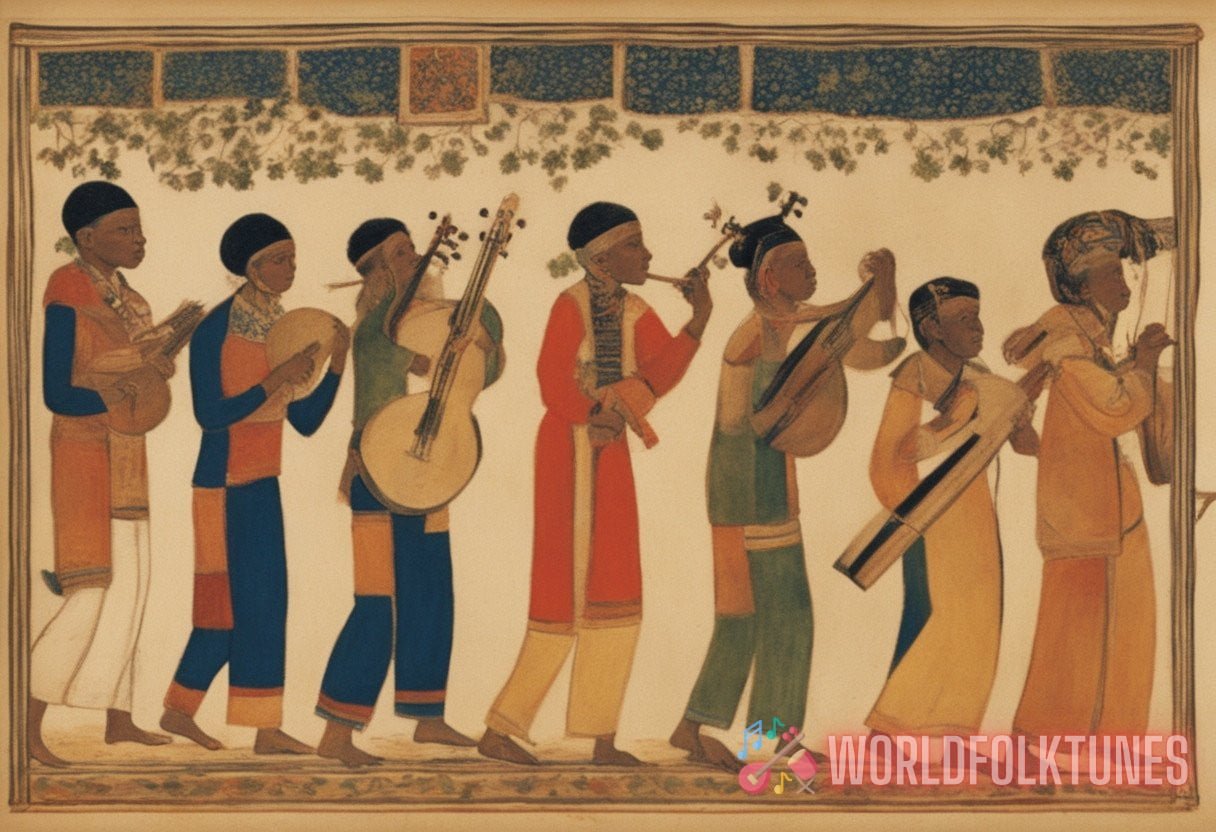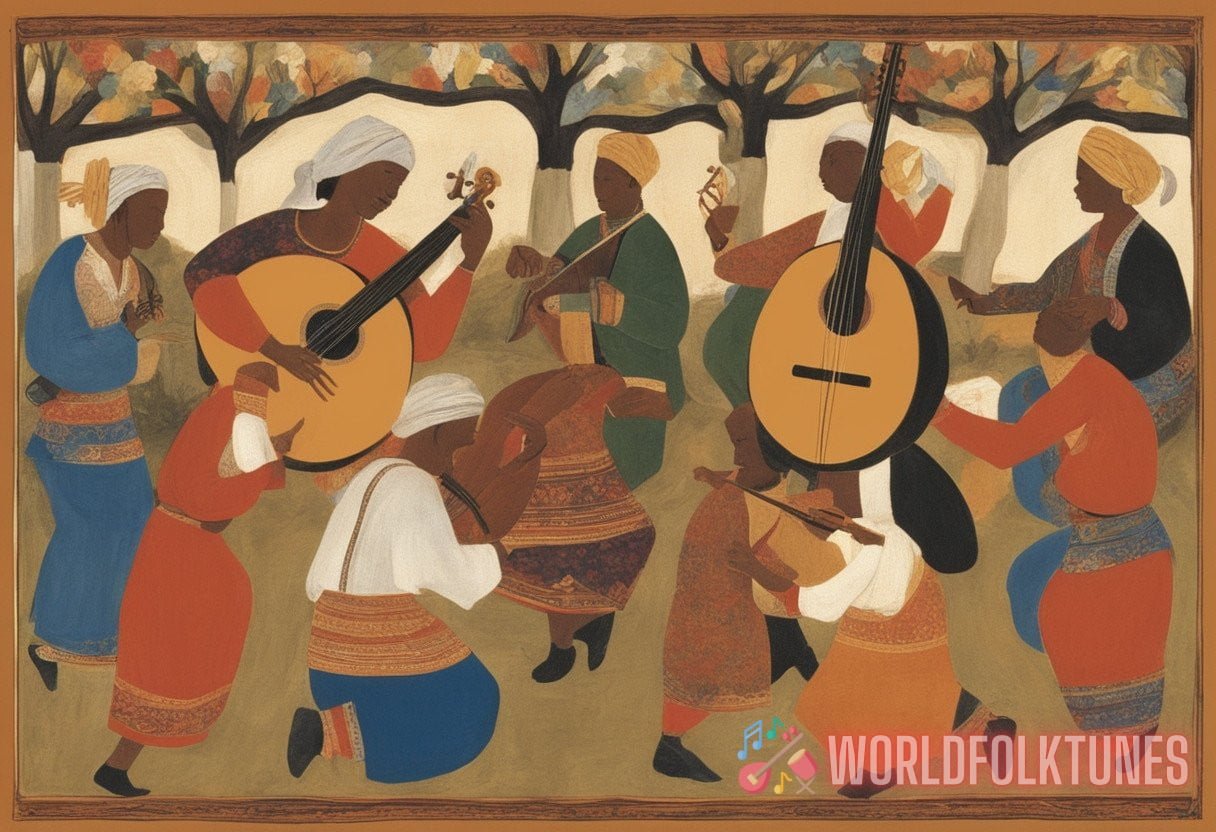Echoes of Diversity: Examining Folk Music’s Role in Cultural Identity Preservation
In an era of globalization and homogenization, the significance of preserving cultural identities has become more crucial than ever. Among various cultural expressions, folk music stands out as a potent medium. Its melodic narratives and rhythmic structures encapsulate the essence of community values, traditions, and histories.
Historical Roots of Folk Music
Early Origins
Folk music, in its most rudimentary form, emerged from the everyday lives of ordinary people. It served as a means of storytelling, preserving history, and imparting essential moral lessons. Given its oral tradition, this genre has evolved across centuries, mirroring the socio-political changes that communities have undergone.
Regional Variations
The beauty of folk music lies in its regional specificity. Each ethnic group, community, or geographical area has contributed unique sounds and themes to the folk music tapestry. These variations are not just stylistic; they are a testament to the differing experiences and historical contexts of various groups.
The Role of Folk Music in Cultural Identity Preservation
Oral Tradition as a Cultural Vessel
Oral tradition has been instrumental in the perpetuation of folk music. Through songs, communities have been able to pass down invaluable historical and cultural information. This process of oral transmission ensures that the essence of a culture is preserved long after written records may have faded away.
Community Cohesion
Folk music serves as a communal activity that strengthens intra-community bonds. Festivals, rituals, and other communal gatherings often feature music that is native to the group, fostering a strong sense of belonging and shared identity.
Cultural Resilience
The role of folk music extends beyond mere preservation. It acts as a form of resistance against cultural erosion caused by globalization. Communities have used folk music to assert their identities, protest injustices, and reclaim lost heritage.
Concrete Examples of Folk Music’s Role
Native American Music
Native American music encompasses a wide variety of traditional sounds that vary by tribe. These songs often involve ceremonies, rituals, and dances that are crucial for maintaining tribal identity. Songs like the “Ghost Dance” are not merely musical but are imbued with spiritual significance.
Irish Folk Music
Similarly, Irish folk music has played a significant role in maintaining Ireland’s cultural identity. Songs such as “Danny Boy” and “The Wild Rover” encapsulate the Irish experience, from the daily life of common people to their struggles and triumphs.
Mechanisms for Maintaining Cultural Diversity through Folk Music
Modern Technology
In the contemporary world, technology has both hindered and aided cultural preservation. While modern forms of media have introduced global influences into traditional folk music, they have also provided platforms for its dissemination. YouTube, Spotify, and other streaming services have made regional folk music accessible to global audiences.

Archiving and Research
Academic institutions and cultural organizations have also played a crucial role in documenting and archiving folk music. This ensures that even lesser-known regional music is preserved for future generations. An article available at Folk Harmonies dives deeply into such archival efforts and their importance.
Festivals and Competitions
Cultural festivals and music competitions often feature folk music prominently. These events provide a public platform for performers to showcase their traditional music, further embedding these sounds into cultural consciousness.
Educational Programs
Incorporating folk music into educational curricula is another potent mechanism for cultural preservation. Music classes that feature traditional songs allow young people to connect with their cultural heritage. Community workshops and courses can also serve this purpose, engaging both children and adults in folk music traditions.
The Contemporary Relevance of Folk Music
Cross-Cultural Influences
In an interconnected world, folk music has been enriched by various cross-cultural influences. These interactions have led to new hybrid forms that combine traditional elements with contemporary sounds. Such fusion endeavors provide fresh takes on age-old traditions while keeping the essence intact.
Political and Social Commentary
Folk music continues to serve as a vehicle for political and social commentary. Many contemporary folk artists use their platforms to address pressing issues such as inequality, environmental concerns, and social justice. By doing so, they carry forward the tradition of folk music as a mirror to society.
Challenges and Future Directions
Commercialization
One of the significant challenges facing folk music today is commercialization. As traditional music gains mainstream popularity, aspects of it are often altered to appeal to broader audiences. While this increases visibility, it sometimes dilutes the music’s cultural authenticity.
Language Barriers
Another challenge is the language barrier. Folk songs are often in languages or dialects that fewer people speak today. Without proper translation and interpretation, the deeper meanings and subtleties of the music can be lost.
Efforts for Revitalization
Despite the challenges, numerous efforts are underway to revitalize and sustain folk traditions. Community initiatives, academic research, and international collaborations aim to breathe new life into old traditions. An article available at Unearthing the Ancient Origins and Cultural Influence of Folk Music sheds light on some of these vital efforts.
Conclusion
Folk music is far more than a simple form of entertainment. It is a living, breathing archive of cultural wisdom, a testament to the resilience of human societies in the face of change. As we move forward into an increasingly globalized world, the role of folk music in preserving cultural identity becomes ever more critical. Through community cohesion, educational programs, and technological platforms, we can ensure that the echoes of our diverse cultural melodies continue to resonate for future generations.
By understanding and cherishing our folk music traditions, we not only honor our past but also build a more inclusive, culturally rich future.



